Before I start this article I would like to say rest in peace to George Floyd, and that our thoughts are with his family. No one deserves to be treated differently due to the colour of their skin.
The Murder of George Floyd awoke many people into realising how big of a problem racial inequality is. Many are fighting to be on the right side of history, and many people are trying to fight for equality and against oppression.
We have been able to accomplish many successful things so far; for example we have been able to increase the charges for murderers and get other complacent officers charged. Even on what may seem a smaller scale you have artists and consumers calling out those who make millions off of Black Music to give back and support the black community. Artists like The Weeknd and Russ have called out the likes of Universal Music Group, Sony Music, Warner Music, Spotify and Apple to give back. This has lead to some impressive support from these organisations. For example Sony Music announcing they plan to give $100 million to fund social justice and anti racism initiatives.
This is all wonderful stuff but labels are taking most of the money from when you stream your favourite song, unless if it’s from an independent artist. I feel like we as consumers need to put in more of a conscious effort to support Black businesses. A way of doing this from home is listening to independent Black artists. So Predominantly Hip Hop gives you ten Black independent artists and groups you should know of:
Kota the Friend

Kota has gotten big during quarantine. His very chill and relaxed music is perfect for relaxing in the sun or just chilling in your room. He even released an amazing album “EVERYTHING” during quarantine.
Our favourite songs include Hollywood, Volvo and B.Q.E
Rapsody
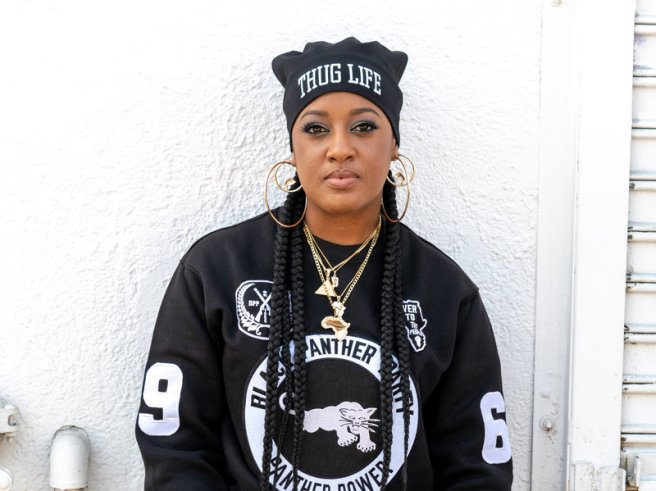
She can out rap your favourite rapper for sure! A perfect musician if you like that lyrical rap. She works with legendary producer 9th Wonder and has been nominated for a Grammy.
Our favourite songs include Cleo, Nobody and Oprah
Freddie Gibbs
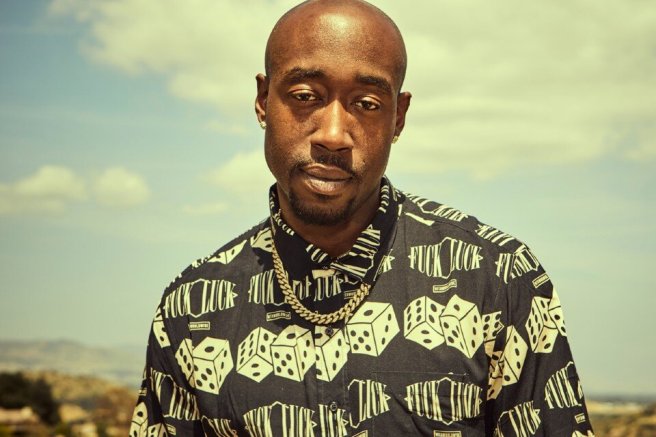
This is an artist who has arguably released the album of 2019. It also seems like he will be part of the conversation this year for album of the year with his album “Alfredo”, which he recorded with legendary producer The Alchemist. An artist with an amazing flow, perfect if you like cocaine rap.
Our favourite songs include 1985, Fake Names and Scottie Beam
Big K.R.I.T.
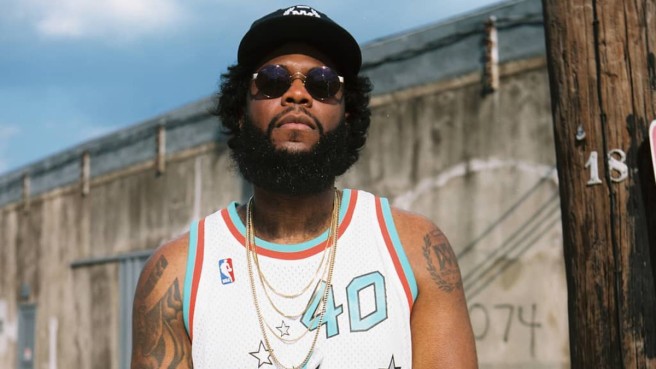
An artist who we respect a lot. When his label was trying to shelf him, he said he doesn’t need them and started moving independently and creating his own buzz. So when he left his label it made sense to stay independent.
Our favourite songs include K.R.I.T. Here, Mixed Messages and Believe
Young M.A

An artist with a strong business mind who we’re happy stayed independent. We feel she has great potential and will able to accomplish some big things in both independent rap and business.
Our favourite songs include Big, Get this Money and Trap or Cap
Westside Gunn, Conway the Machine and Benny the Butcher

We know these three are a group under the name “Griselda” but while Griselda is signed under Shady records, as solo artists these three are independent. They are releasing music at great speed and high quality. Perfect if you like that really grimy rap.
Our favourite Westside Gunn songs: GODS Don’t Bleed, Lucha Bros and Euro Step
Our favourite Conway the Machine songs: Shoot Sideways, Fentanyl and 14 KI’s
Our favourite Benny the Butcher songs: ’97 Hov, 18 Wheeler, 5 to 50
The Underachievers
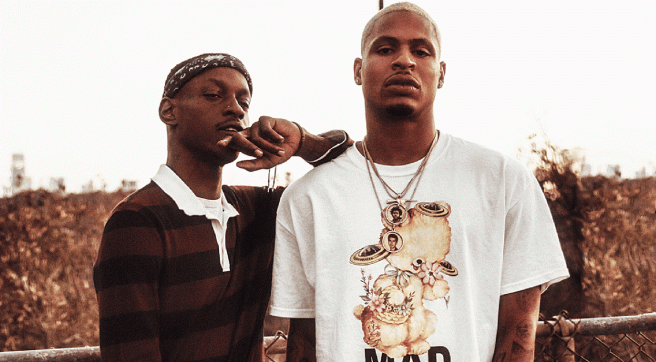
This is a duo that brings you old style New York rap mixed with psychedelic rap. A very underrated duo! We look forward to seeing what they will be able to accomplish in the future.
Our favourite songs include N.A.S.A, New New York, Generation Z
Flatbush Zombies
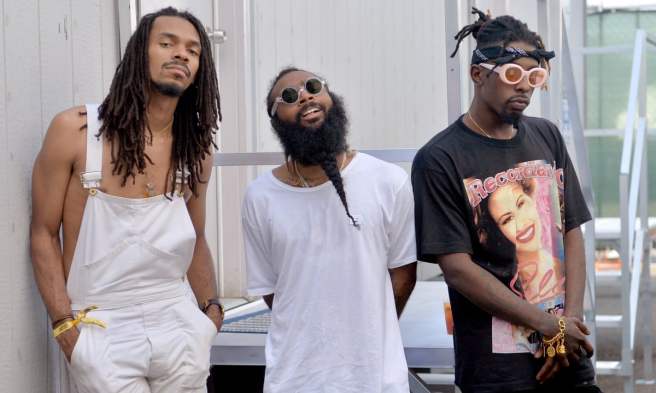
We couldn’t mention The Underachievers without mentioning Flatbush Zombies, another group that brings you old style New York rap but mixed with Psychedelics. If you liked The Underachievers you would definitely like this group.
Our favourite songs include Bounce, Vacation and New Phone Who Dis?
Childish Major
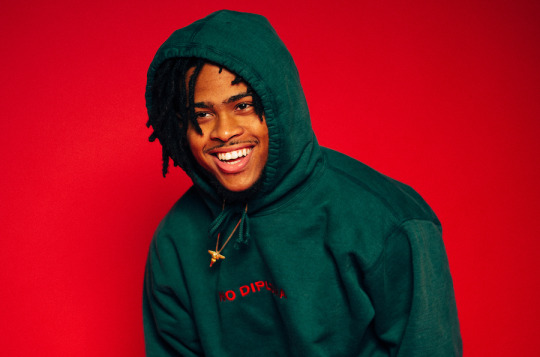
A very talented producer/rapper that is perfect for chilling in your room. Similar to Kota the friend we would definitely recommend for your quarantine playlists.
Our favourite songs include Not Numb, Supply Luh and I Like You
Rimon
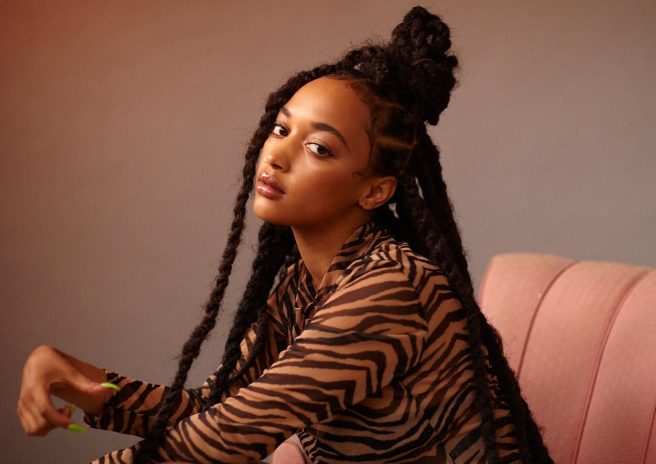
This is an artist with a beautiful voice, perfect for your quarantine playlist. She even released a wonderful EP called “I Shine, U Shine” recently.
Our favourite songs include Out Of My Way, Downtown and Dust
I hope you find at least one new independent artist that you like in this list, and if not I hope this article makes you put more of a conscious effort to try find and support Black independent artwork.

















